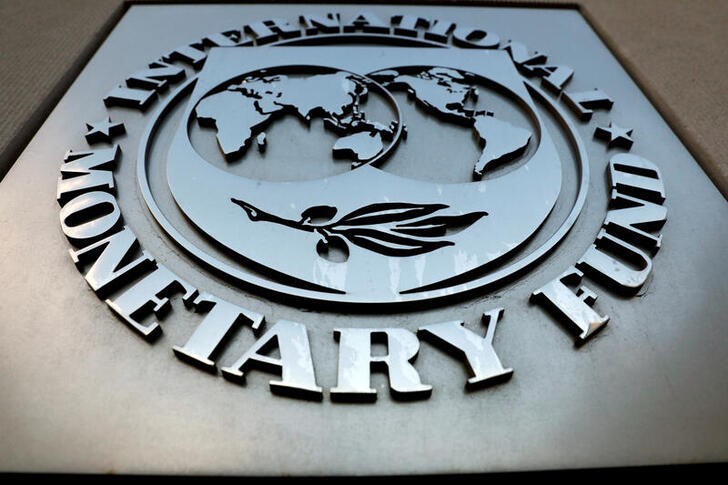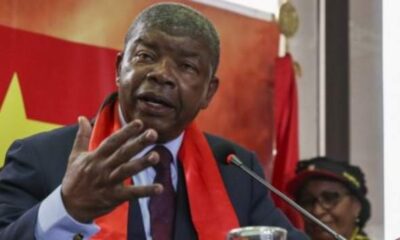Zimbabwe’s Finance Minister, Mthuli Ncube, has revealed that a staff-monitored programme with the IMF would not start until the third quarter of 2024.
The minister noted that the delay is due to the country’s launch of a new currency called Zimbabwe Gold (ZiG). An IMF program would help the southern African country get back in touch with the world’s financial community by showing that it has a history of good economic policies.
Zimbabwe said last year that it hoped to have a plan in place by April 2024, but that date was pushed back because of the ZiG this month.
“We have moved the (staff-monitored programme) to the third quarter due to the new currency. We should not rush these things,” Ncube said on the sidelines of the World Bank and IMF spring meetings in Washington.
In a bid aimed to make gold-backed ZiG stable and stop the vicious circle of high inflation. The ZiG needed more time to be fully operational before talks with the IMF could move forward, according to Ncube.
Zimbabwe’s third new currency in ten years has already had trouble being accepted by suppliers and users in the black market. Black market sellers are offering 20 ZiG for every dollar, but the value of one ziG is 13.31 dollars.
“Whoever is trading on the alternative market is doing money laundering,” said Finance Secretary George Guvamatanga at the media briefing, saying the government would crack down on this.
Ncube also revealed that the country was making progress in talks about paying off its debts. Zimbabwe hasn’t been able to access foreign financial markets in over 20 years, but they recently agreed to pay off their $6 billion in debt.
“As part of the traditional methods of clearing arrears, Zimbabwe would need a sponsor… and we need about $2 billion,” said Ncube.
He also said that Zimbabwe would be focused on the arrears owed to the World Bank and the African Development Bank while they looked for more sponsors.


 Metro1 day ago
Metro1 day ago
 Politics1 day ago
Politics1 day ago
 Metro1 day ago
Metro1 day ago
 Sports1 day ago
Sports1 day ago























